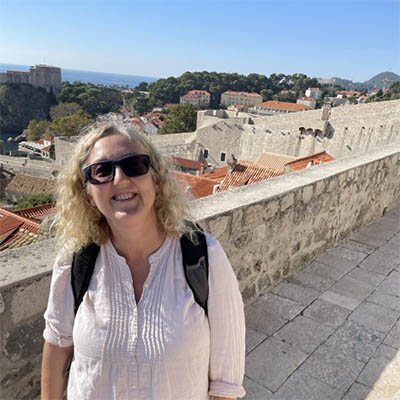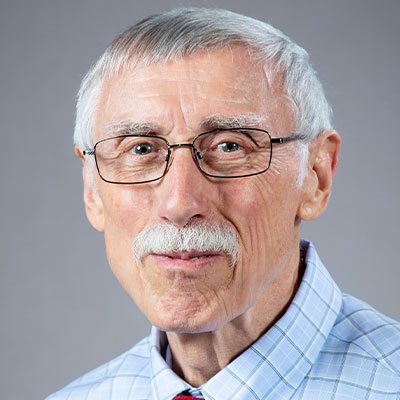Events
Each semester the Bruce Centre hosts a series of seminars given by distinguished national and international scholars. These events are central to the maintenance of a research culture at Keele. Bruce Centre Seminars provide a means to meet and debate with some of the leading scholars of American history, culture, literature, and politics. The seminars also provide a valuable opportunity to hear voices from outside the Keele community.
Watch the event here.
Unfolding Our Shared Future - Keele Hall 8 May 2024
On 8 May 2024 the David Bruce Centre for the Study of the Americas, in collaboration with the American Politics Group (and with the support of a special award from the US Embassy) hosted


Loretta Lees (left) and Ray Bromley (right)
David Bruce Centre for the Study of the Americas seminar programme
Seminars will be held at 2.15pm in the David Bruce Centre (CBB 1.030). Online seminars will be held on Teams. Please follow public health advice, and do not attend in-person if you are feeling unwell or experiencing any COVID symptoms.
Please direct queries to the DBC director Dr James Peacock
Seminar programme 2016/2017 | Seminar programme 2017/2018 | Seminar programme 2018/2019 |Seminar programme 2019/2020 | Seminar programme 2020/2021
Semester 1, 2022/23
November 23 (in-person)
Dr David Brown (Manchester)
Duet with John Bull: The Black Abolitionist Mission to the British Isles during the Civil War
November 30, 2022 (in-person)
Dr Jenny Woodley (Nottingham Trent)
Ghosts, Mourning and Death at Louisiana's Plantations
December 14, 2022 (online)
Professor Maria Sulimma (Freiburg)
Microscripts of Gentrification: Leisure and Urban Transformations in Contemporary Literature
Seminar programme 2021/22
October 27, 2021 at 3.15pm
Dr Sam McBean (Queen Mary, University of London)
Queer Enumeration
December 8, 2021 at 2.15pm
Dr Megan Hunt (University of Edinburgh)
‘When things made sense, when we were the good guys’: representing the white South in late-twentieth century American cinema'.

